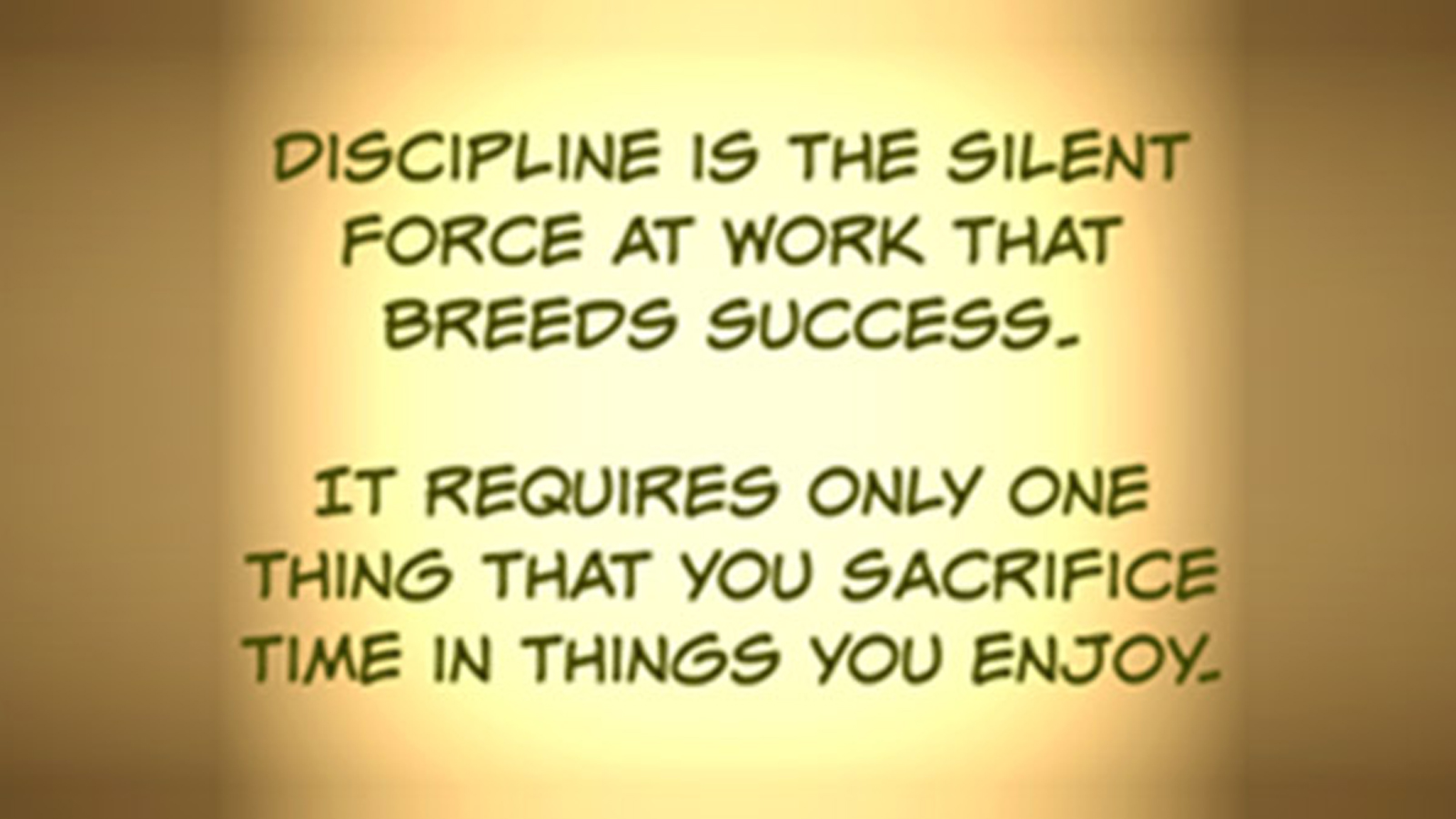Every parent would agree that having children has given their lives meaning, a sense of fulfillment, and a kind of joy previously unimagined. We all love our children. We love caring for them and doing things for them. We love watching them grow. Yet, at the same time, we realize that parenting in today’s time is very difficult.
It has been found that having ongoing conversations with children, helps them develop as they get older, more mature, and more computer savvy. Best advice a friend gave to me many years ago was to always keep communication open with children on any topic. Children are very smart and usually one step ahead their parents. It is extremely important for parents to be friends with their children but at the same time discipline is of utmost importance.
As a parent, we all have a unique bond with our child/children. If we discipline our children with respect and make sure that it’s consistent and fair, there will be lasting positive effects.
Discipline does not always mean punishment. For most people it seems impossible to discipline without rewards and punishments. When the term discipline is used, it often implies punishment. We do not want our children to behave in a way that’s desirable just because they might get something in return or get into trouble if caught. We want our children to do the right thing because they know its right, and because they want to do right.
Discipline is about helping children learn how to behave appropriately. There are various discipline strategies one can use to teach children the basics of good behaviour. The strategies one chooses will depend on the child’s age.
In fact, discipline and discipline strategies are positive. They are built on talking and listening, and they guide children towards:
- knowing what behaviour is appropriate, whether it’s at home, a friend’s house, school or public place
- managing their own behaviour and developing important skills like the ability to get along well with others, now and as they get older
- learning to understand and express their feelings and manage and them
Choosing an approach to discipline is about finding the right balance.
Not enough discipline often leaves children feeling insecure and parents feeling out of control. Too harsh, negative discipline, and not enough praise and rewards, might get children behaving well, but out of fear. This can lead to problems with children’s self-esteem and anxiety later in life.
Discipline works best when it’s firm but fair. This means you set limits and consequences for your child’s behaviour, while also encouraging good behaviour with praise, rewards and other strategies.
We all have certain expectations from our children where behaviour is concerned, and for that you may set some rules. Involve your children in setting the rules.
Certain strategies that you may follow are
Begin the teaching at home:
Set certain standard rules for the entire family. For e.g – everyone helps around in the house, speaks in a nice manner with each other, looks after ones belongings, care for each other etc
Teach your child what behaviour is expected:
Showing your child the behaviour you like by doing it yourself will help your child learn. For example, not using the mobile during dinner time when entire family is sitting together. Children imitate what you do, so start by implying the rule on yourself.
Set clear limits and consequences:
Decide on a consequence for breaking a family rule. For example, you might withhold pocket money from a ten year old if she/he hasn’t cleaned her/his room. But if she/he uses wrong language with anyone in the family, ensure that you make it clear to her/him that it is not accepted and then do not take them for the next outing that you had planned for them. When you use consequences in the same way and for the same behaviour every time, your child knows what to expect.
Praise your child for good behaviour
Praise is when you tell your child what you like about him/her or his/her behaviour. When your child gets praise for behaving well, he/she will want to keep behaving well.
Praise is when you tell your child exactly what it is that you like. It’s best for encouraging good behaviour. For example, ‘Rachna, I really like how you used please and thank you with your grandmother yesterday. Good girl!’
As the saying goes, “An ounce of prevention is worth a pound of cure.”



